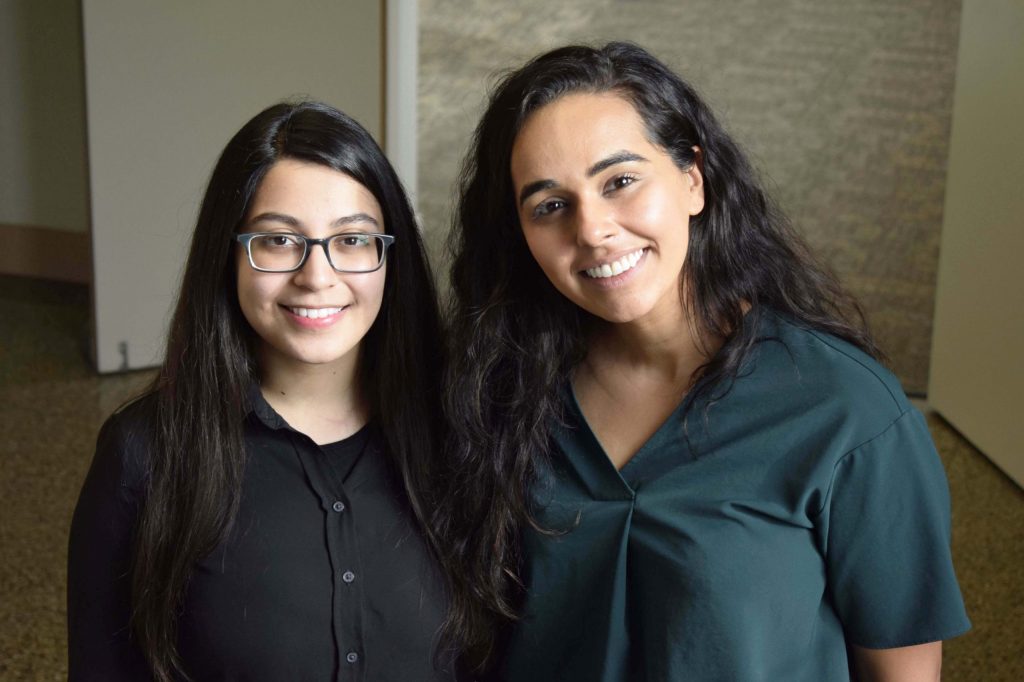In late October, the Boston College Law School Civil Rights Clinic submitted written testimony before the Massachusetts legislature on behalf of Matahari Women Workers’ Center in support of the One Fair Wage Act.
The act (formally known as S. 1213/H. 1971, An Act Requiring One Fair Wage) addresses the labor law that allows Massachusetts employers to pay tipped workers in restaurants, salons, and other service industries a subminimum wage and count tips towards fulfillment of the required minimum wage.
In Massachusetts, the tipped minimum wage is currently $5.55 per hour. If passed, the One Fair Wage Act will raise the tipped minimum wage to $6.45 per hour in 2022 and increase it by $1.50 every year until 2027, when the subminimum wage for tipped workers would be abolished and such workers would be entitled to the the regular minimum wage with tips on top.
Student attorneys Kira Kaur (above right) and Alizeh Ahmad, 2Ls working under the supervision of Professor Reena Parikh, researched the attendant legal and policy issues and drafted the testimony.
“The passage of the One Fair Wage Act has obvious and immediate implications for the lives of tipped workers who struggle to support their families on meager wages despite working in challenging—and, in Covid-19, life-threatening—conditions,” said Kaur. “Due to the subminimum wage for tipped workers, it is a devastating irony that many essential workers who help feed Massachusetts families often cannot afford to feed their own.”
Ahmad noted that the wage disproportionately affects women and people of color, who constitute the majority of tipped workers. “The misperception that tips sufficiently offset an unlivable wage also produces a power imbalance, creating a work environment with high rates of wage theft and harassment. Massachusetts must act now to address this facet of systemic inequality,” she argued.
Laura González, community organizer at Matahari Women Workers’ Center, emphasized the positive impact the One Fair Wage Act will have. “The act will benefit all stakeholders in Massachusetts, as we have seen in other states that have passed similar measures where the states experienced economic growth in tipped industries and increased job opportunities,” she said. “The Commonwealth has a moral imperative to stand with tipped workers and stand up for one fair wage for all.”


